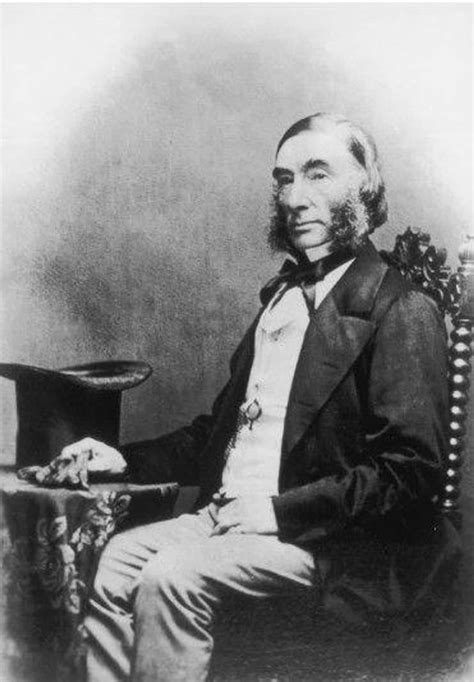A Quote by Baruch Spinoza
Nothing exists from whose nature some effect does not follow.
Related Quotes
It is in the nature of political bodies always to see the evil in the opposite group, just as the individual has an ineradicable tendency to get rid of everything he does not know and does not want to know about himself by foisting it off on somebody else. Nothing has a more diverse and alienating effect upon society than this moral complacency and lack of responsibility, and nothing promotes understanding and rapprochement more than the mutual withdrawal of projections.
What a hell of an economic system! Some are replete with everything while others, whose stomachs are no less demanding, whose hunger is just as recurrent, have nothing to bite on. The worst of it is the constrained posture need puts you in. The needy man does not walk like the rest; he skips, slithers, twists, crawls.








































